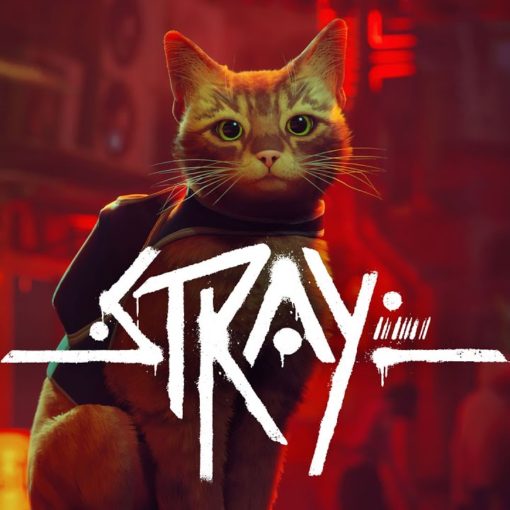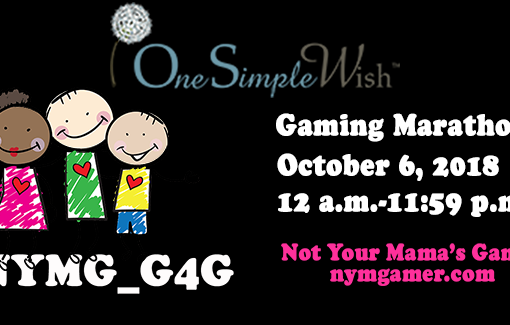Lately, we’ve been talking a lot about why we write this blog, why we record the podcasts, and why we do all of this in general. For me, it often comes down to a feeling of being “dismissed” and/or of having deal with people who want to push the issues under the rug, either because they can’t see them or because facing the reality might make them feel too guilty. On Monday, NPR ran this article, written by a man, describing this piece on Polygon that details the issues that female gamers have to face, that male gamers do not. The article is interesting and brings up several points that demonstrate how easy it is for these issues to become literally invisible to those who do not have to face them:
- I can choose to remain completely oblivious, or indifferent to the harassment that many women face in gaming spaces.
- I can publicly post my username, gamertag or contact information online without having to fear being stalked or sexually harassed because of my gender.
- My gaming ability, attitude, feelings or capability will never be called into question based on unrelated natural biological functions.
Nothing in this article is really “new” to me, except perhaps a realization that when a man writes these issues down, the issues themselves become more respected than when a female points them out. Steve Mullis, author of the NPR article, notes that the author of the original Polygon article, McIntosh “doubts it would have been as civil if he had been a female writer raising the same points.” As with any article of this nature, I couldn’t help but read the comments on the NPR article. The comments are substantially more civil than comments I’ve read on similar articles (at least at the time of my reading). But, many of them demonstrate the ways in which even after being presented with a list of how female gamers are virtually ignored, the issues can still be invisible/hard for some to see.
For example, from one of the earlier comments:
As a female gamer and one who does play multiplayer FPS a fair amount, I must say other girls are very uncommon, and even when I use a mic, the other players think I’m a twelve year old boy 90% of the time. It’s definitely not 50% on multiplayer FPS. I hope they don’t include phone and Facebook games as “gamers.” I do mostly non multiplayer, but the multiplayers I do play don’t usually have female options, and I hear plenty of insults going back and forth between the men. Homosexual and masturbation and dick and your mom jokes. The beauty of it is you can mute individual players. And most people think those people are jerks and choose to kick them from the servers. So there’s a plus for humanity.
In this comment, I see so many ways that the gaming community has made female gamers invisible, so invisible that even other female gamers have a hard time seeing the problem. Just because you don’t hear or see female players in FPS games, doesn’t mean they aren’t there. As other commenters point out later in the comments, many female gamers use a gender neutral gamertag and turn off the mic. I am not personally a fan of FPS games, but I stopped playing anything online some time ago because I don’t want to deal with these online behaviors. So, the females are there, but they are just not visible because they are hidden behind gamertags, silent mics, and offline gaming habits. I don’t know how, given all of that, someone would be able to accurately determine the percentage of male or female gamers playing a specific type of game, such as an FPS.
Second, we see the tension over who is really a “gamer”: “I hope they don’t include phone and Facebook games as ‘gamers.’” What does that mean? Does a person have to play Call of Duty (used as an example) to be a gamer? Why? I get enjoyment out of all types of games, but I cannot stand Call of Duty. I also cannot stand Facebook games. So where is the line? If you move to a console are you then a gamer? A PC? If a male identifies as a gamer, does the gaming community then say, “I hope you are not playing Facebook games.” No, because it is assumed he is playing “serious” games.
But, the last part in the comment is, I think what bothers me the most: “I hear plenty of insults going back and forth between the men. Homosexual and masturbation and dick and your mom jokes.” Those insults are not ok either. Presented here, the comment reads to me as if it’s totally ok to expect and accept insults to female gamers because everyone else is also being insulted too. Really?
If a female gamer is comfortable playing online, I say go for it. No one is saying you can’t unplug and relax with some online game play. But, what I would like to see is for people to stop and think about how their reactions might be contributing to the invisibility that women face in almost every community.




